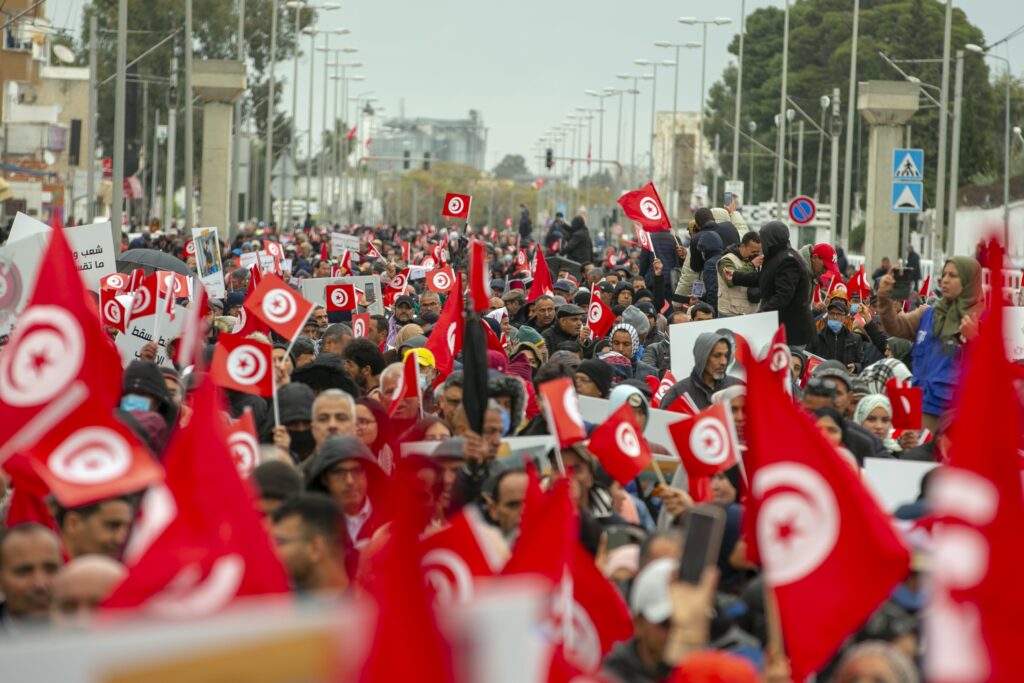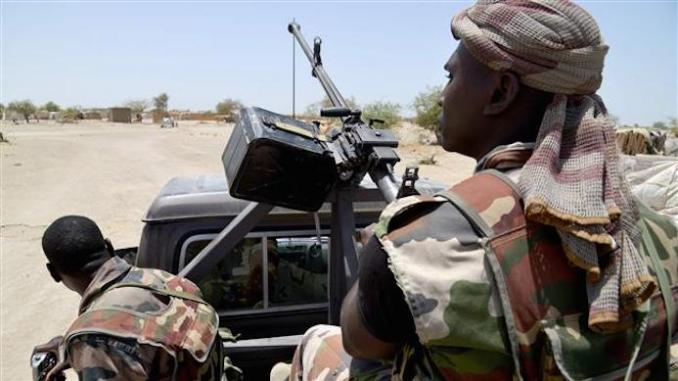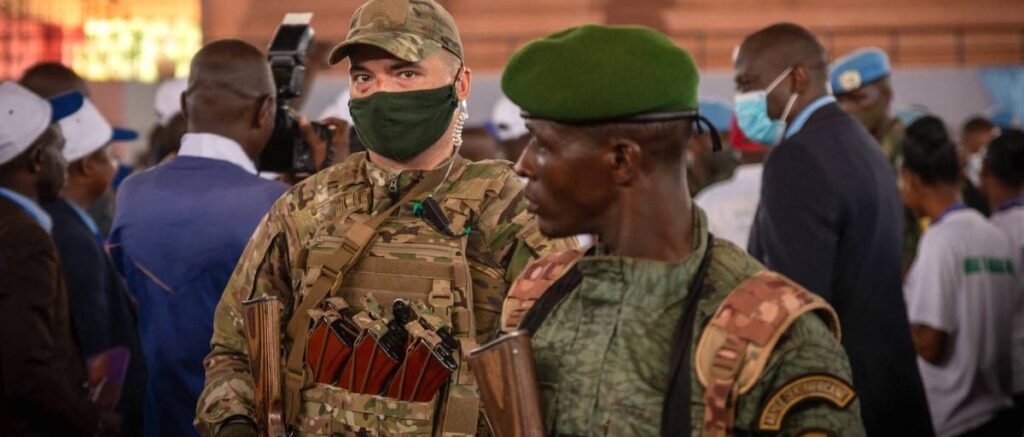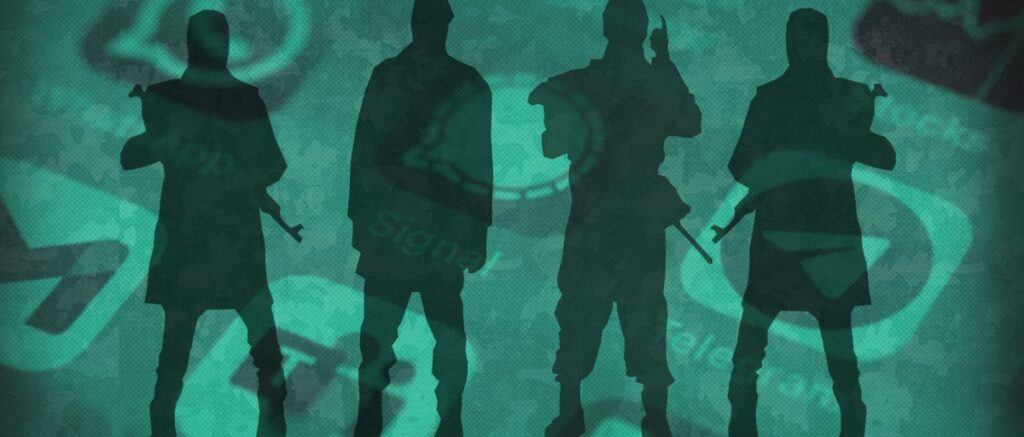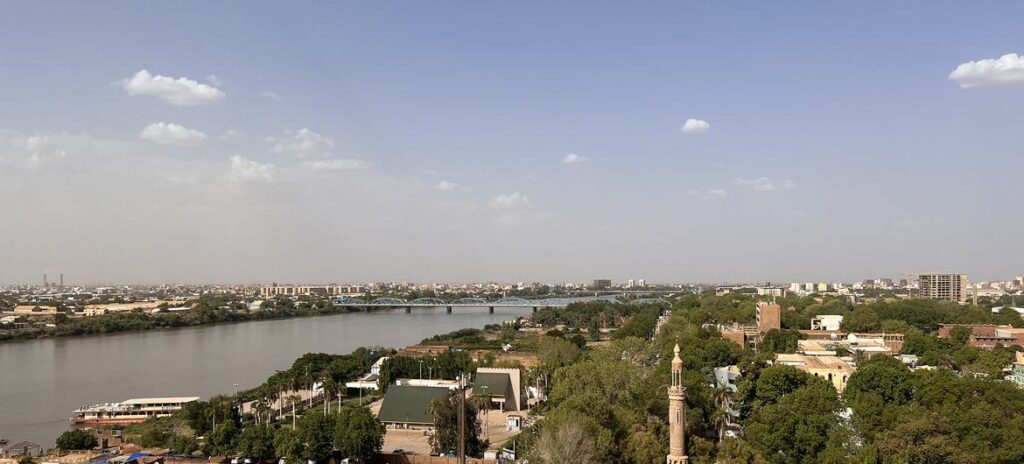Qui est Amadou Ba, le nouveau Premier ministre du Sénégal ?
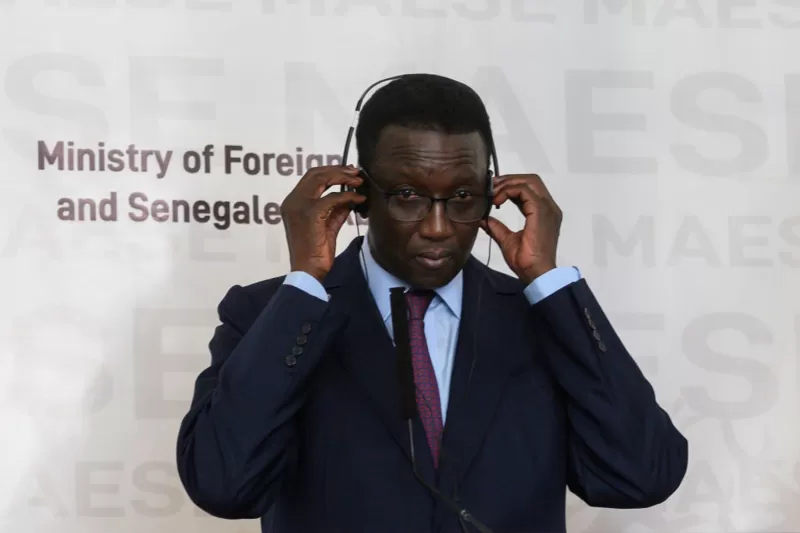
L’ancien ministre des Affaires étrangères du Sénégal est nommé Premier ministre par le président de la République Macky Sall. Mais qui est Amadou Ba ?
M. Amadou Ba est le nouveau Premier ministre du Sénégal. Il est nommé ce samedi par le décret présidentiel n°2022-1774 du 17 septembre 2022.

